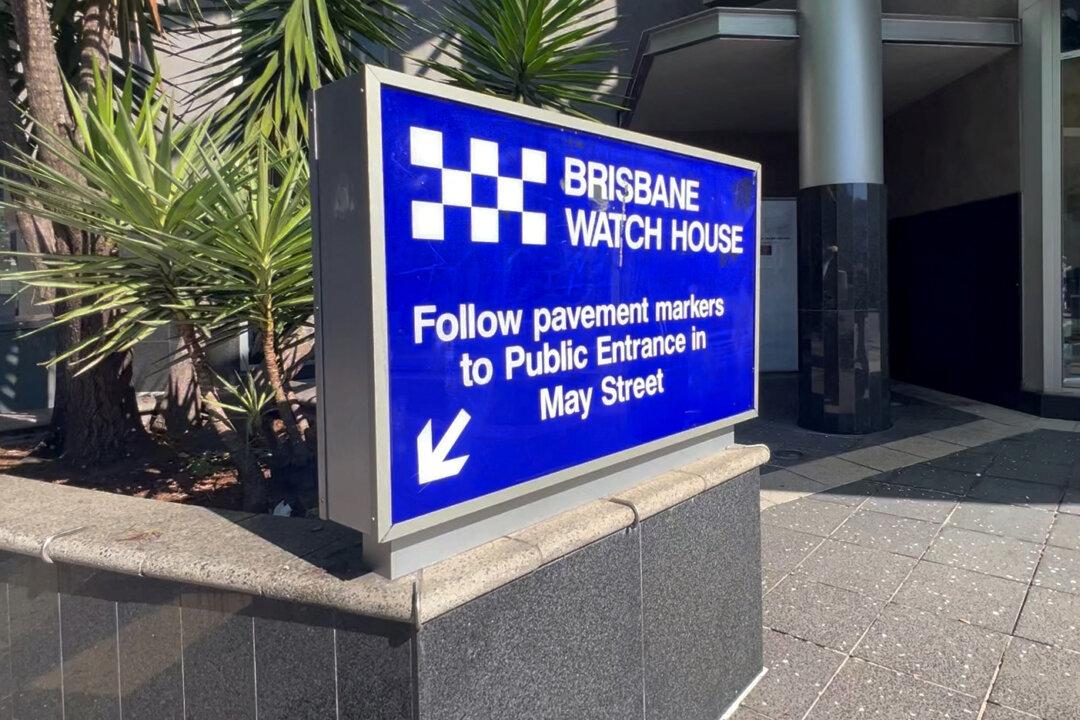A West Australian sheep farmer’s daughter and trainee livestock agent has penned an open letter to newly re-elected Prime Minister Anthony Albanese, urging him to rethink the Labor government’s ban on live sheep exports by sea.
Last year, Agriculture Minister Murray Watt announced the ban, which is set to come into place on May 1, 2028.





